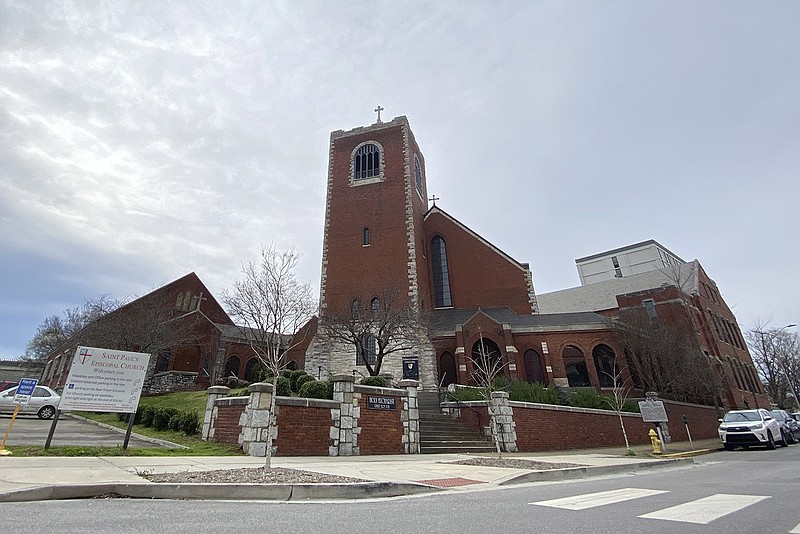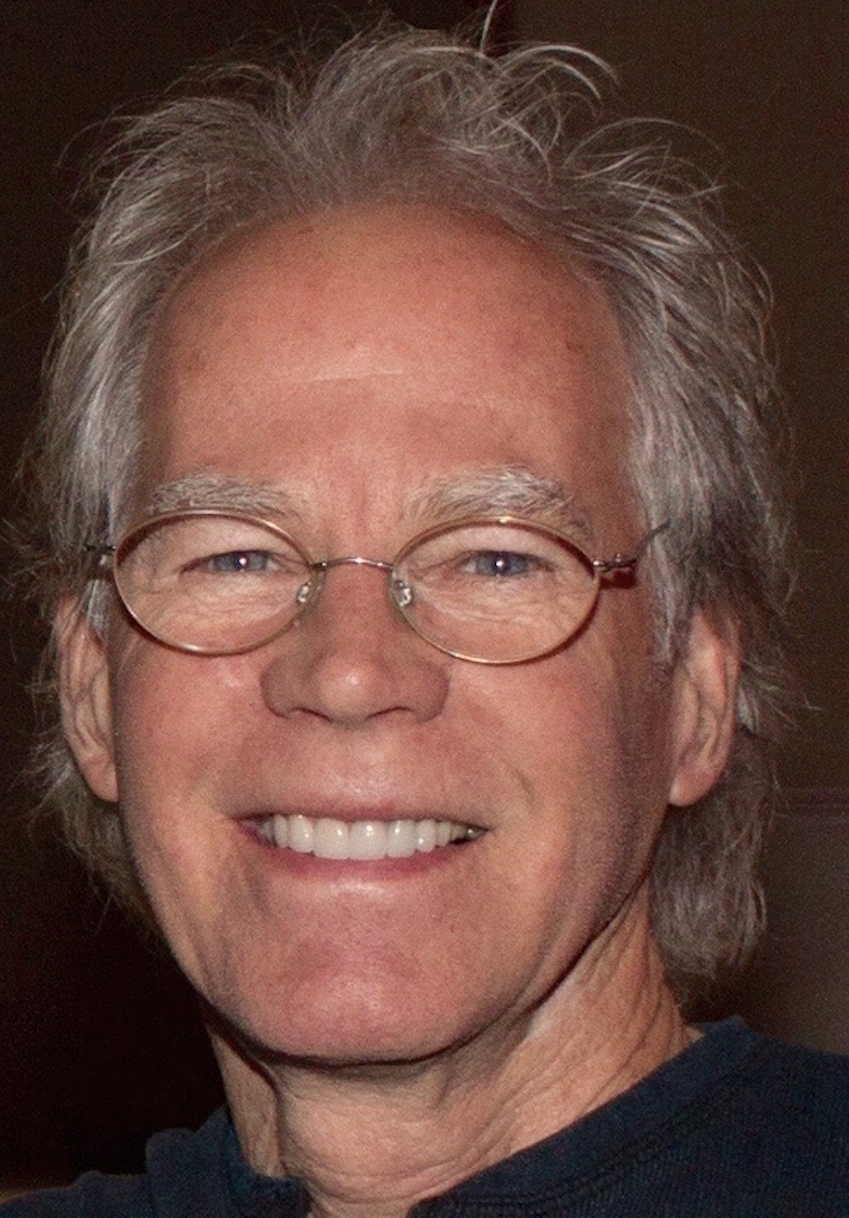Editor's note: This interview with Fran McKendree marks the latest in a series focusing on scheduled speakers for the annual Thorne Sparkman lecture series, with speakers appearing every Wednesday from March 4 to Apr. 1 at St. Paul's Episcopal Church. The future of this year's series has been put in doubt, however, after Friday's announcement that the church's Father Brad Whitaker had been identified as having the first confirmed case of COVID-19 in Hamilton County and the church announced it would be suspending all worship services and other gatherings.
For answers to frequently asked questions about the coronavirus, click here.
___
Fran McKendree was first a rock star before devoting more time to his faith. His band, McKendree Spring, recorded several albums and toured with big names. Later, McKendree began performing worship music as he went deeper in his faith. In 2012, he helped create the annual Awakening Soul conference, which explores the intersection of art and faith.
What is your lecture in Chattanooga about? How did you choose that topic?
What I am hoping I can do is to explore - in a lot of different ways through some music and conversation and some images - how music and faith come together to help us build peace in our world. Over the last few years, I feel like a major part of our responsibility, or at least what we need to be caring about as people walking this faith journey, is these essentials of wonder, presence, belonging, gratitude and hospitality.
I feel like we should honor those and affirm those in whatever our work happens to be, whatever we're called to be doing with their hearts and hands. Those five things are really what can be guideposts to carry a sense of wonder into every encounter. To learn and know that presence is the gift of seeing and being seen. And that belonging provides each of us with a sense of acceptance and self-worth and vulnerability and trust combined. Gratitude opens the door for us to view, whatever we encounter along the way, as something that we need to somehow incorporate and integrate into our lives.
So I'll be doing songs that I think will speak to each one of those. I'll have some images that will further enhance the lyrics or the content of the song. And I love to get people singing together, so we'll be doing lots of singing together. And we'll probably have a little bit of silence here and there and try to create a container that is the embodiment of all those different pieces that I feel like are a part of our journey.
Have you always felt a connection between music and faith?
Probably not so much in my 20s and even 30s. From my late teens until I was 30, I was part of a band called McKendree Spring and we toured all around the country and in Europe and did seven albums for MCA Records. We toured with Elton John, James Taylor, Billy Joel and Fleetwood Mac. I don't know that I would have said faith was a big part of why I was doing music. But probably if I had just sat and thought about it quietly for a minute, I would have come to that.
I feel like music has always been a calling of the heart for me. The aspect of faith might be a common thread through the music that I was doing then and now. It's about, hopefully, songs that are life-affirming and that speak to people in their own experience that kind of open the door for them to cross that threshold with you and see something from a different perspective.
When I started in music in the church, probably in about 1984 or so, I just became clearer of framing that in a way that that was articulated more from a faith perspective. I would hope that people would walk out of a concert or worship service or a gathering and be inspired to feel like they've been a part of something that really is life-affirming.
Does your approach to creating worship music differ from when you were creating more secular music?
In a lot of ways, it does. Stylistically, it's pretty different. But I think that the heart of it really is the same and that's to connect people and to be able to share, in a few moments, that we're all in this together. Let's figure out how we can make this a richer experience, how we can share the things that we've learned, that are helpful and are not.
When I'm doing music in the church, the first criteria I have is that it's theologically sound. It's rooted in teaching from the Gospel. That's kind of my first go-to. The second one would be that it's user friendly. It's music that people can hear and get attached to and can join in, if they want to. It's an invitation to be a part of something. I think the the third thing is that it is, it's relevant to the context of the community.
From the reporter
I became a journalist to help people see people as people. But highlighting the human side of every policy decision, and how it is affecting your community, takes time as well as support from readers. If you believe in telling the stories of people in your community, please subscribe to the Times Free Press today. Contact me at wmassey@timesfreepress.com or 423-757-6249. Find me on Twitter at @News4Mass.

